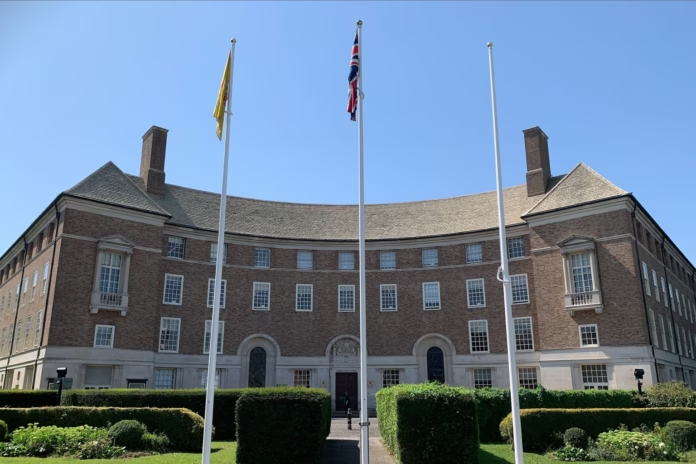
Auditors scrutinising local authority accounts and the body responsible for appointing them have come under fire after new figures showed 40% of audit opinions missed the target date of 31 July.
Public Sector Audit Appointments (PSAA), the body responsible for appointing auditors, this week revealed that 210 out of 486 audit opinions on local government bodies for 2018/19 were not delivered on time.
The figure has jumped sharply from last year, when only 13% of opinions missed the deadline.
Graham Liddell, managing director at financial reporting consultancy LPFG and former senior technical manager at the Audit Commission, said: “This is a failure of the audit firms and of PSAA who appointed them.
“Of course, local authorities can make improvements, but by and large local authorities delivered the accounts, and by and large auditors failed to audit them.
“All the audit firms have enough staff to deliver their portfolio of local authority audits, it is just that they have chosen to maintain their margins and prioritise other sectors.
2nd Housing & Regeneration Finance Summit
County Hall, October 31st, 2019
“I have immense sympathy for public sector audit teams who have been a handed an impossible job by their employers, but none for the firms themselves.”
He said that PSAA has presided over a process which has seen audit fees driven down to unsustainable levels.
“The big question is what does it do next? For a start, PSAA needs to stop defending auditors and blaming local authorities.
“It then needs to think carefully about audit fee rebates and how loudly it is going to name and shame the culprits.”
In a statement, the PSAA said a number of factors had driven the deterioration in performance, including, in some cases, a shortage of appropriately skilled and experienced auditors.
It said that, in other cases, the standard and timeliness of draft accounts, or working papers, has been lacking.
Other delayed opinions arose from difficulties in obtaining responses to and resolving audit queries, and unresolved technical issues including matters arising within group accounts, it said.
Tony Crawley, PSAA’s chief executive, said: “The challenge for all of the parties engaged in the accounts and audit process is to address the need for improvement urgently.
“The starting point is that accounts and working papers must be prepared to the right standard, and auditors must have sufficient appropriately trained and skilled staff to deliver their opinions wherever possible by the required date.”
He said that there was a need to address strategic challenges arising from well-publicised audit failures in the private sector.
“The issues need to be worked through and solutions implemented which will ensure a sustainable supply of audit services for the long term,” Crawley added.

Whilst the 31 July target date is not a statutory deadline for audit, both audited bodies and auditors strive to meet it wherever possible.
Stephen Sheen, managing director of local government accounting consultancy Ichabod’s Industries, said: “There is no sanction for missing the target date.
“The worst that will happen is that an authority will become part of the statistics in PSAA’s annual report on the results of auditors’ work – but unlikely to be named and shamed unless the accounts are still not published by 30 September, if the approach in the 2017/18 report is followed for 2018/19.
“There is also a risk of local reputational damage, but this can be limited if {the} delay is not the authority’s fault by a precisely worded notice explaining why publication has not taken place.”
Last month, the Local Government Association (LGA) said delays to the publication of 16 councils’ accounts due to auditor staff shortages had borne out warnings made to the government in 2014 about curtailing the timetable.
The LGA has written to the government asking it to restore the previous deadline of 30 September.
Also last month, former local government secretary James Brokenshire announced a review of local government audit, headed up by former Chartered Institute of Public Finance and Accountancy (CIPFA) president Sir Tony Redmond.













